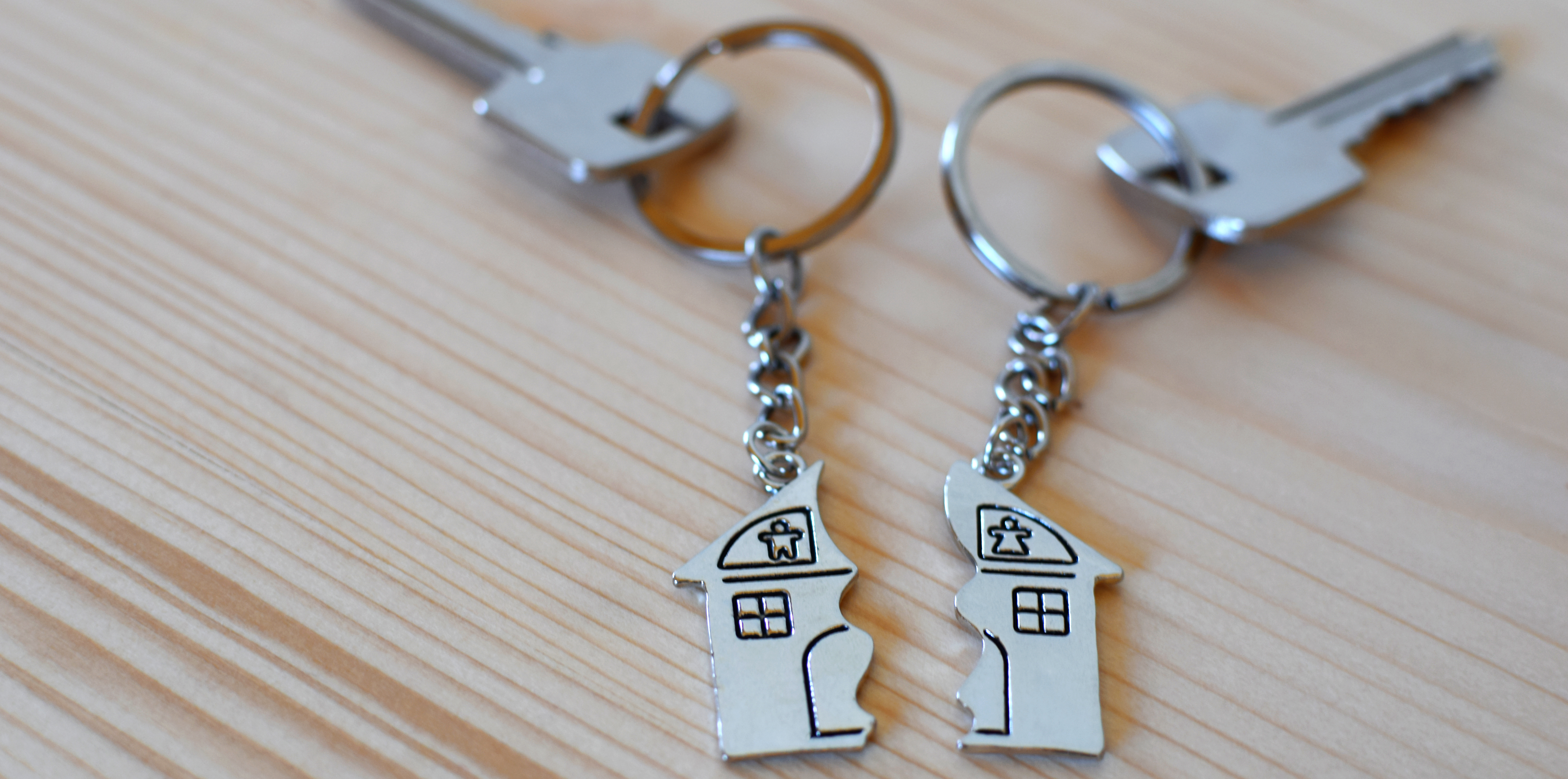What is Conveyancing Fraud?

Conveyancing fraud occurs when fraudsters trick homebuyers into transferring the money for their new home into their bank account, and not that of their solicitor.
How does conveyancing fraud happen?
Fraudsters continue to come up with innovative and sophisticated schemes that make the warning signs very difficult to spot. This usually involves hacking into emails, which allows them to follow the progress of a transaction, so they know the most opportune moment to strike. This would commonly be at the point of exchange of contracts, or completion of the purchase, when money is due to be paid by the homebuyer to the solicitor.
The emails would usually come from a spoof email address which looks very similar to that of the solicitor, and would contain accurate details, logos and signatures which the fraudsters have taken from the genuine emails. This email would contain the details for where to transfer the purchase funds. The details provided will be for a bank account which is controlled by the fraudsters.
Am I at risk of conveyancing fraud?
Anybody involved in the conveyancing process is at risk, as fraudsters could target any individual or any firm. However, it is believed that first time buyers may be at the highest risk, perhaps due to their lack of experience of the homebuying process.
How can I protect myself from conveyancing fraud
There are various ways you can protect yourself from the risk of conveyancing fraud:
Always verify payment details.
The safest way to receive bank details is to be given them in person by your solicitor or conveyancer, as you can be sure they have not been tampered with.
If you receive bank details via email, you should verify them over the phone before you transfer any money. The safest way to do this is to obtain the telephone number from the internet, rather than from an email thread or invoice to reduce any risk that a fraudster has intercepted an email and changed the details.
It is always advisable to check payment details by two or more methods.
Be cautious about any changes.
Any email about a sudden change of bank details should be treated with caution. Most firms rarely change their bank details. You should not transfer any money to the new bank account until you have checked with your solicitor, conveyancer or a senior member of the team, using a trusted method of communication.
Secure your email account and devices
- Ensure you have strong, unique passwords, such as three random words with a combination of numbers and symbols.
- Consider enabling two-factor authentication on all your email accounts and have anti-virus software installed on all your electronic devices.
- Avoid using any public or unprotected WIFI connections and make sure you sign out of any accounts accessed on a shared device. Fraudsters can hack into vulnerable WIFI connections which then gives them access to your information.
Avoid social media updates
As excited as you may be to announce you have found your dream home, you should avoid any temptation to publicly post about it until completion has already taken place. Fraudsters monitor social media for potential homebuyers as they can then begin to specifically target you, knowing that you are about to make a large financial transaction which they can attempt to divert.
Do not ignore warnings
Most banks will provide a warning about a payment when the details you provide do not match the account receiving the money. You should always take notice of these warnings and act upon the recommendations.
Don’t act under pressure
If anyone contacts you by email or telephone and asks you to make a payment quickly, end the call or do not reply to the email until you have verified that this is genuine.
Fraudsters take advantage of the fast-paced nature of a conveyancing transaction. Whilst funds are sometimes required quickly to meet exchange and completion deadlines, a genuine solicitor or conveyancer would never pressure you to transfer money without having the opportunity to verify the details yourself.
Send a test payment first
Once you are sure that you have the correct bank details by verifying them by two or more methods, send a small test payment. You can send a random amount and then contact the accounts team using a trusted telephone number for confirmation of how much the payment was for. You can then send the remaining payment with peace of mind that it is going to the right account.
If you suspect you are a victim of conveyancing fraud, you should:
- Contact your bank and ask them to make contact with the bank the money was sent to, as they may be able to freeze the funds. The sooner you do this the better, as fraudsters will attempt to move or withdraw the funds as soon as possible.
- Contact Action Fraud via their website actionfraud.police.uk/reporting-fraud-and-cyber-crime or by calling 0300 123 2040.
- Let your solicitor or conveyancer know as soon as possible, as fraudsters could be targeting the firm which puts other clients at risk too.
Contact Us
The residential property law department of David Gray Solicitors LLP is accredited by The Law Society’s Conveyancing Quality Scheme (CQS). This scheme provides a recognised quality standard for residential conveyancing practices. If you would like a free no-obligation quote for any residential conveyancing transaction, please contact our team directly on 0191 243 8167 or email hayley.baker@davidgray.co.uk.



